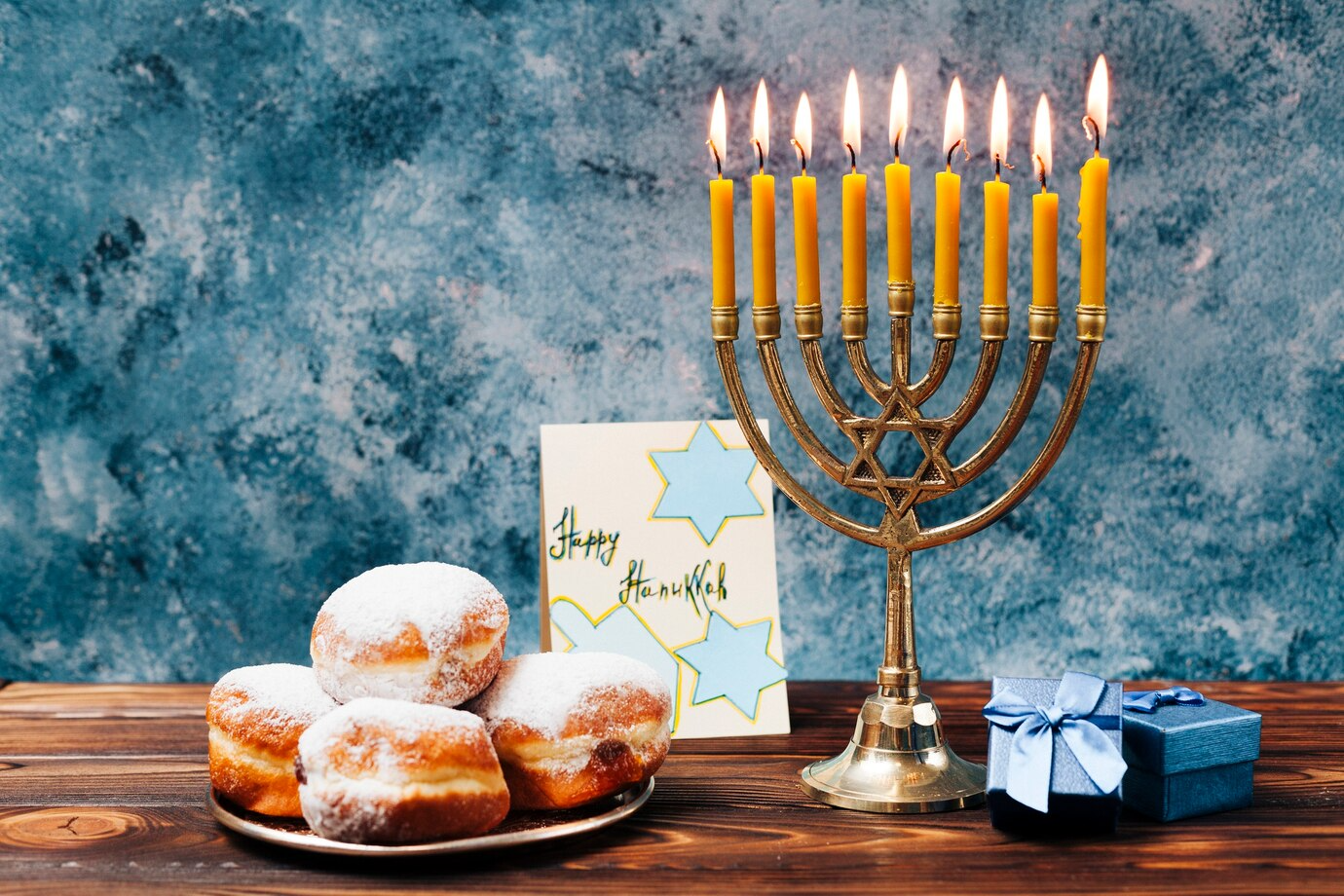Jewish funeral traditions, deeply rooted in religious customs and cultural practices, provide a framework for honoring the deceased and offering comfort to the grieving. These traditions, shaped by millennia of observance, reflect the Jewish values of respect for the dead (kavod ha-met) and support for the bereaved (nichum aveilim). Understanding these practices can help us appreciate their significance and the solace they bring to those mourning the loss of a loved one.
The Sanctity of Life and Death
At the core of Jewish funeral practices is the belief in the sanctity of life and the dignity of the deceased. Jewish tradition emphasizes that the body should be treated with utmost respect, as it once housed a divine soul. This belief influences the various rituals and ceremonies performed during Jewish funerals, ensuring that the deceased is honored in accordance with religious teachings.
Rituals Immediately After Death
When a person passes away, certain immediate rituals are performed to honor the deceased and prepare for the funeral. These include closing the eyes and mouth of the deceased, covering the body, and reciting prayers. The body is then ritually washed (taharah) by the Chevra Kadisha, a sacred burial society, and dressed in a simple white shroud (tachrichim).
The Funeral Service
The funeral service, typically held as soon as possible after death, includes a eulogy (hesped), psalms, and the recitation of the El Maleh Rachamim prayer, asking for the soul’s peaceful rest. The service focuses on honoring the deceased’s life and providing comfort to the mourners. It is usually conducted by a rabbi and attended by family and friends.
The Burial
Jewish tradition prefers burial over cremation, as it reflects the belief in the eventual resurrection of the dead. The body is buried in a simple wooden coffin to ensure it returns to the earth naturally. At the gravesite, the Kaddish, a prayer affirming faith in God, is recited by the mourners. Family and friends may also participate in the mitzvah (commandment) of placing earth into the grave, symbolizing the final act of kindness.
The Mourning Period
Jewish mourning practices include several stages: Shiva (seven days), Shloshim (thirty days), and, for close relatives, a year-long period of mourning. Shiva is the most intense period, during which mourners stay at home, receive visitors, and engage in daily prayers. Shloshim marks a return to normal activities with continued observance of certain mourning practices. The year-long mourning involves reciting the Kaddish daily and abstaining from celebrations.
Community and Support
Jewish funerals emphasize the importance of community and collective support. Family, friends, and community members gather to offer condolences, share memories, and provide practical assistance. This communal support helps the bereaved cope with their loss and find comfort in shared traditions and collective mourning.
A Reflection of Beliefs and Values
Jewish funeral traditions are a reflection of the religion’s deep-seated beliefs in the sanctity of life, respect for the deceased, and communal responsibility. These rituals provide a structured way to honor the deceased, support the grieving, and reaffirm the Jewish values of compassion and respect. By understanding and respecting these traditions, we can offer meaningful support to our Jewish friends and family during their times of loss.
In summary, Jewish funeral traditions offer a profound and respectful way to honor the deceased, rooted in a deep understanding of life’s sanctity and the importance of community. These rituals not only provide comfort to the grieving but also ensure the deceased is treated with the utmost dignity and respect.
If you have feedback, questions, or ideas for future articles or Information Hubs, please contact us. Your insights help us create valuable content.


